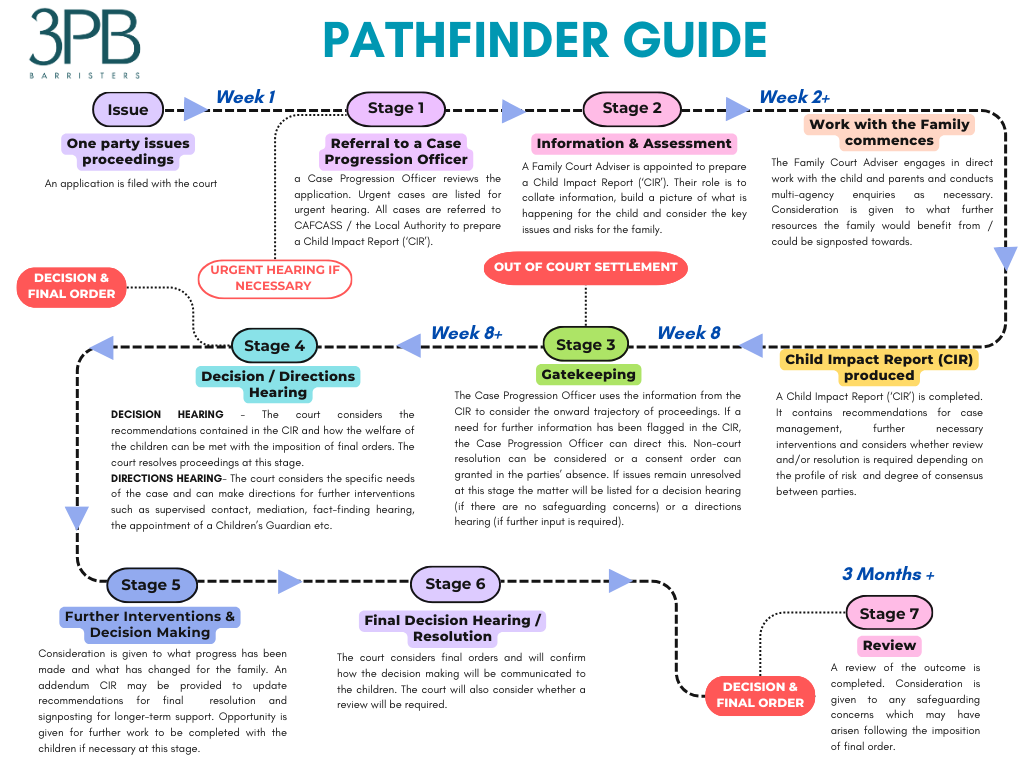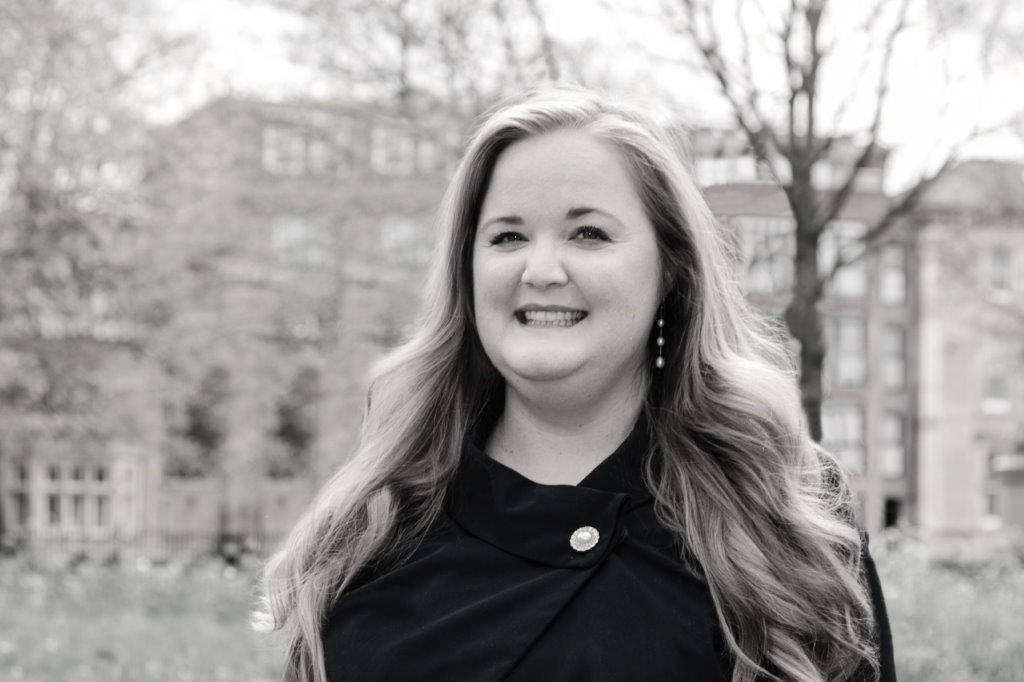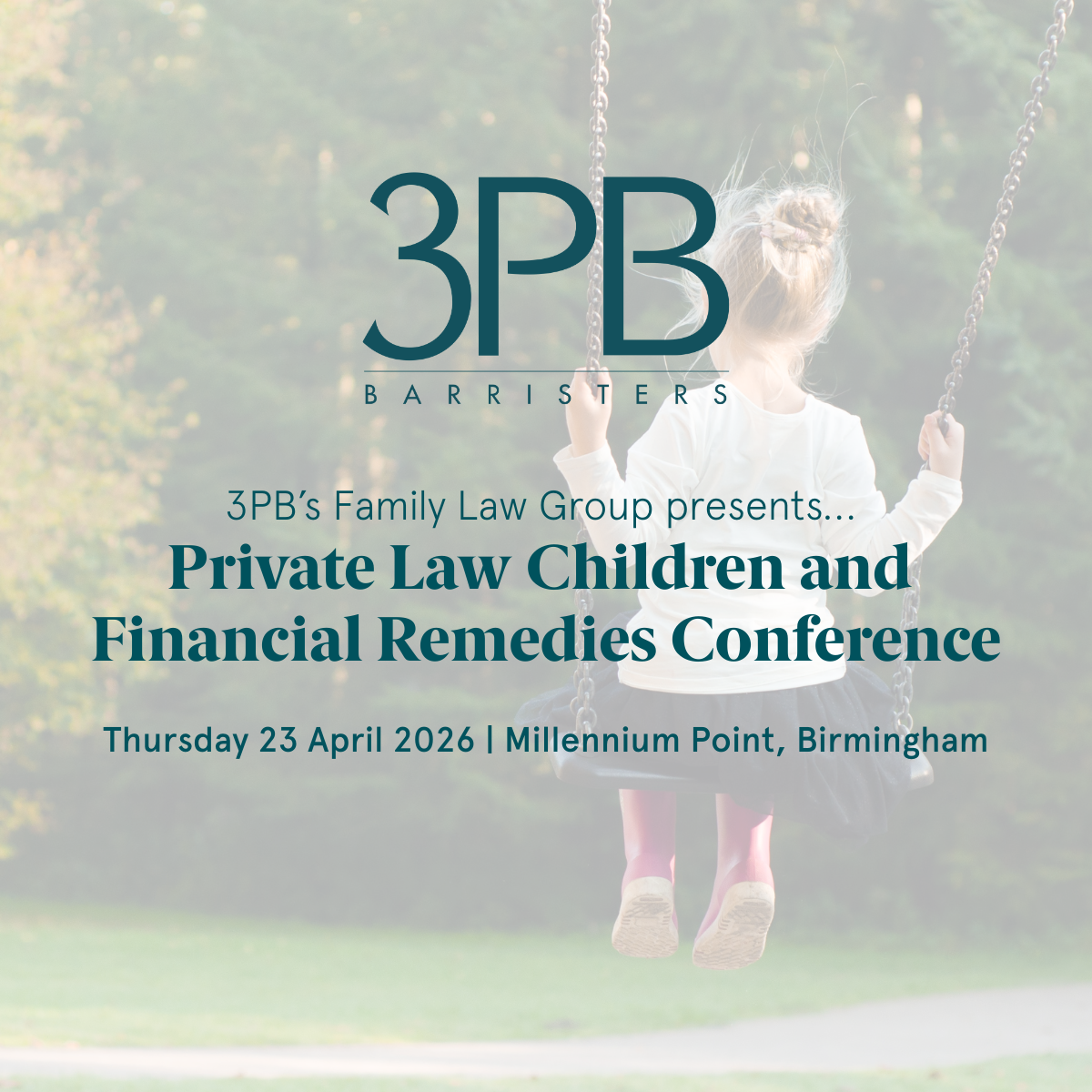Private law
Private Law Children, Injunction and Domestic Abuse
When relationships break down within a family it can be difficult to galvanise child-focused change or manage interactions safely and effectively. Our specialist private family law practitioners are here to help. The team provides clients with pragmatic, focused and sensitive advice and solutions across the full breadth of the discipline when they need it most.
Recognised as leaders in the field collectively and individually by legal directories such as Chambers UK and Legal 500, the 3PB private family team are variously described as the ‘go-to chambers for family work with a good range of practitioners from junior through to silks’... and an ‘excellent set of chambers [that] also provides excellent training’ and 'an excellent service with a wealth of knowledge and high calibre barristers’. The team boasts experienced members across all of our officers who appear on a daily basis in courts across the UK.
The team advise on all issues including:
- Residence
- Contact
- Cross-Jurisdictional Issues
- Prohibited Steps
- Specific Issue
- Leave to Remove
- Parental Responsibility
- Special Guardianship
- Human Rights
- Parental Alienation
- Wardship
- Non Molestation hearings
- Occupation hearings
- Enforcement hearings
- External and Internal relocation cases
- Abduction
- Serious allegations of sexual or physical abuse
- Surrogacy and Fertility issues
- LGBT co-parenting cases
- SEN matters
- Adoption.
The size of the team and the breadth of experience from which we are able to draw enables us to offer strength in depth in this complex and varied area of the law. Our six-office geographical footprint enables us to quickly provide counsel at short notice in courts across all circuits and uniquely equips our practitioners with the ability to offer tailored and bespoke advice and guidance based on real-world, worked experience of the new Pathfinder project; our team having been at the cutting edge of the developments in the Dorset and North Wales, where the programme was piloted in March 2022.
What is Pathfinder?
The key focus of the Pathfinder approach is to allow for more comprehensive information to be gathered by key agencies at the earliest stage to avoid delay and ensure tailored and targeted support is provided to each family as they travel through proceedings. The program also makes provision for children to be involved from start so that where appropriate, they have a sense of agency to participate in proceedings in the way they want to.
Under the Pathfinder model an application for a private family law order is passed to a Case Progression Officer who conducts an initial ‘sift’ of the application to consider whether there is an urgent need for a hearing or not. In every case (whether urgent hearing is required or not) the Case Progression Officer will refer the case to either CAFCASS or the Local Authority so that a Family Court Adviser may be allocated. Once allocated, the Family Court Adviser prepares a Child Impact Report for which they are required to:
a. Engage meaningfully with the parents to understand the key issues in dispute
b. Obtain information other agencies where appropriate (such as police, the local authority. domestic abuse agencies, schools and GPs) and
c. Allow the children opportunity to engage in discussion about their views and concerns.
This process is undertaken in the eight weeks following issue and is followed by “gatekeeping” in week 8. At this stage the Child Impact Report is used by a Case Progression Officer to inform decision making about the next steps for proceedings. Depending on the issues, the court at this stage is able (without holding a hearing) to:
a. Endorse settlement of the proceedings with a consent order
b. Refer the parties for mediation
c. Make directions for disclosure of any further information required
d. List the matter for a decision hearing (if there are no safeguarding concerns)
e. List the matter for directions.
If required, any subsequent court hearing is tailored to serve the specific needs highlighted. At this stage the court will reflect on the CIR and consider next steps; whether that be via supporting the parties to work towards the imposition of a final order at a decision hearing or making provision for further investigation of the facts at a directions hearing. If a need for further investigation or involvement of the court is identified, directions are given for such work to be completed. Once this work has been completed, the court will list the matter for final hearing at which stage final orders will be made and consideration will be given to how the outcome should be communicated to the children and whether review of the progress of any order made is necessary.
How can we help
In circumstances where the complexion of family practice is changing, establishing and maintaining currency in new practices and approaches is crucial to ensuring that clients can access the highest possible calibre of advice and support. Our team is uniquely equipped with this currency enabling them to support clients in managing proceedings from inception to completion; advising on and drafting C100 / C1A applications to accurately trigger pathway allocations, maximising the court’s engagement with key issues, managing evidence and providing focused and realistic advice on prospects.














































































































